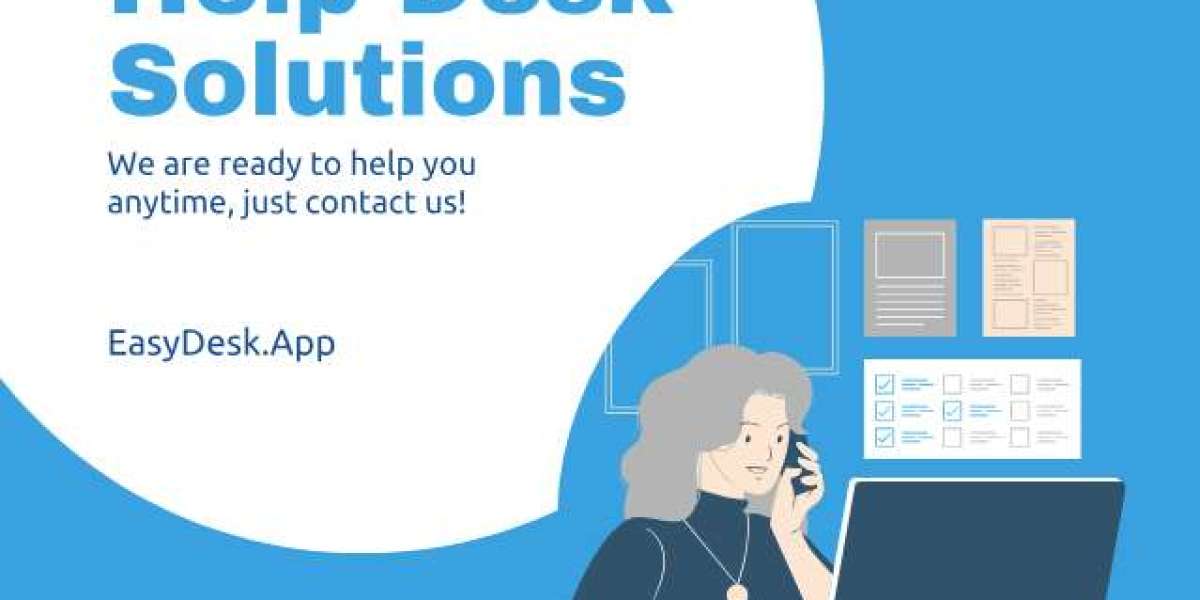The customer service landscape is evolving faster than ever, driven by advances in technology and rising customer expectations. Businesses that want to stay ahead must not only keep pace with these changes but also anticipate what’s next. That’s why understanding the future of helpdesk solutions is critical for building long-term strategies.
Here are the top emerging trends shaping the future of helpdesk technology:
1. AI-Powered Customer Support
Artificial intelligence (AI) is revolutionizing the way businesses handle customer inquiries. Chatbots, powered by natural language processing, are now capable of resolving basic issues instantly, 24/7. This reduces ticket volume for human agents and ensures customers receive immediate responses. In the near future, AI will go beyond basic automation, offering predictive insights and personalized support recommendations.
2. Omnichannel Experience
Today’s customers expect a seamless experience across multiple touchpoints—email, live chat, social media, and even voice assistants. Future helpdesk platforms will integrate these channels more deeply, ensuring customers can start a conversation on one platform and continue it on another without losing context.
3. Predictive Analytics
Instead of just reacting to problems, predictive analytics will enable businesses to proactively address issues before they escalate. By analyzing trends and historical data, helpdesk solutions will alert support teams about potential bottlenecks or recurring issues, improving customer satisfaction and reducing churn.
4. Hyper-Personalization
Customers don’t want to feel like just another ticket number. Future systems will leverage data from CRMs, purchase histories, and past interactions to deliver highly personalized responses. This approach fosters stronger customer relationships and builds loyalty.
5. Automation 2.0
While automation is already standard in modern systems, the next generation will take it further. Expect advanced workflows that not only assign and track tickets but also make decisions, escalate issues automatically, and trigger follow-ups without manual input.
6. Self-Service Evolution
Self-service portals and knowledge bases will become smarter, powered by AI to deliver relevant answers instantly. As customers increasingly prefer solving problems independently, businesses will invest more in self-service capabilities to reduce support costs and enhance satisfaction.
7. Integration with Emerging Tech
Future helpdesk platforms won’t operate in isolation. They’ll integrate with IoT devices, AR/VR tools, and even wearable technology, enabling businesses to provide innovative, real-time support experiences across industries like healthcare, e-commerce, and SaaS.
8. Focus on Security and Compliance
With growing concerns about data privacy, helpdesk systems of the future will put stronger emphasis on compliance with regulations like GDPR and HIPAA. Enhanced encryption, secure authentication, and role-based access will be standard to protect sensitive customer information.
9. Remote-First Support Teams
The shift toward remote work has transformed customer support operations. Future helpdesk solutions will prioritize remote-friendly features like cloud accessibility, mobile apps, and real-time collaboration tools, ensuring distributed teams can deliver exceptional service anywhere in the world.
Conclusion
The future of customer support lies in smarter, faster, and more personalized experiences. Businesses that adopt these innovations in helpdesk solutions will not only meet customer expectations but exceed them. From AI-powered support to predictive analytics and hyper-personalization, the next wave of technology will transform helpdesk systems into powerful engines of growth and retention. To stay competitive, organizations must embrace these trends today and prepare for the customer service landscape of tomorrow.





